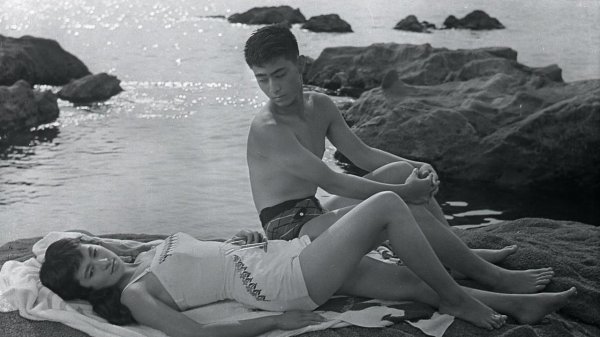Harp
I'll Lock Up
- Messages
- 8,508
- Location
- Chicago, IL US
Uncut TV series DVD, 282 min. nonstop.
Trench, ever see the film The Enemy Below with Robert Mitchum and Kurt Jurgens?
A German submarine duels to a draw with an American destroyer, a finely honed game of cat and mouse Chess.



